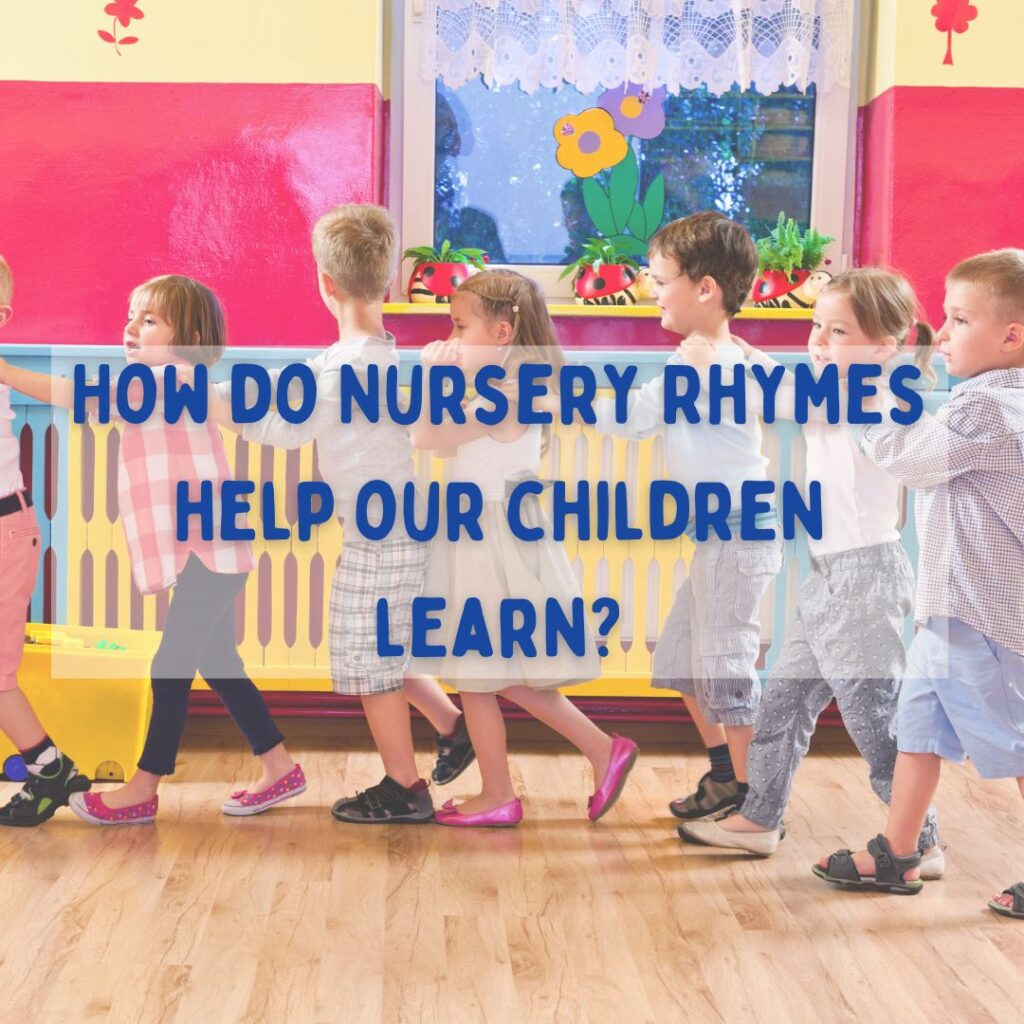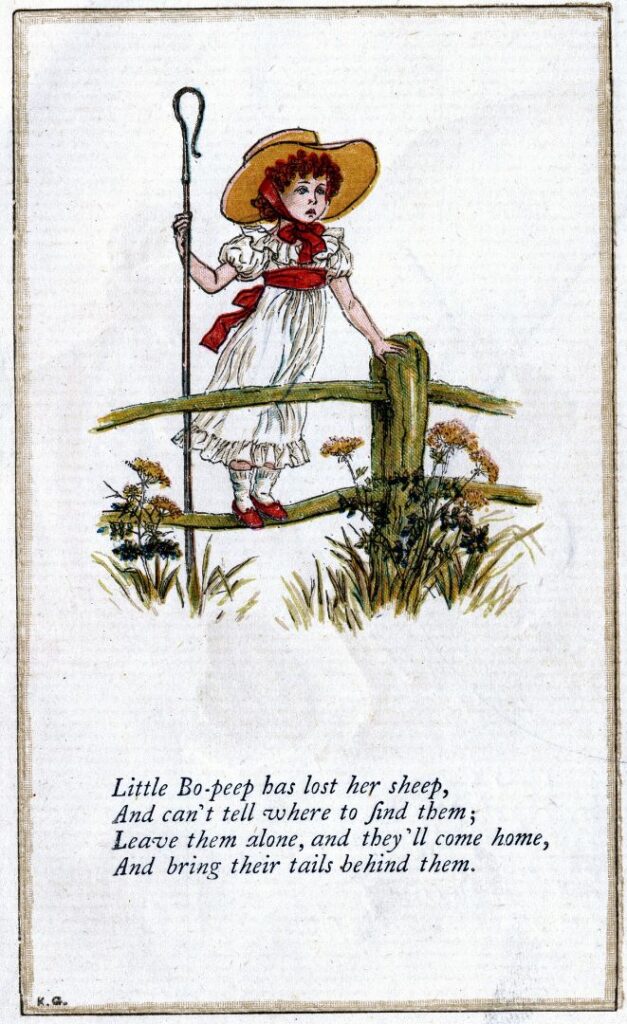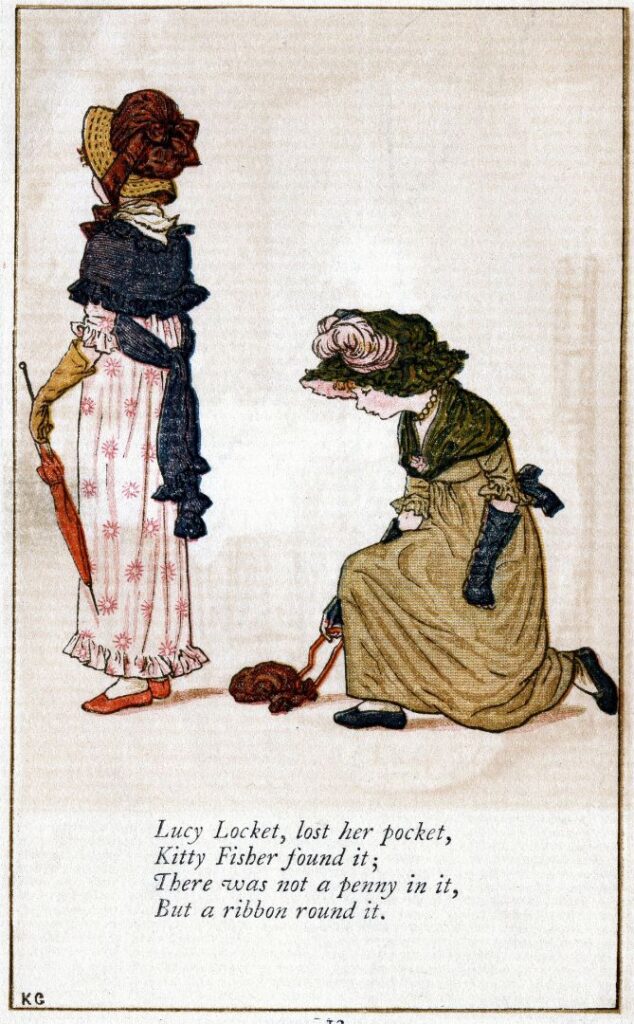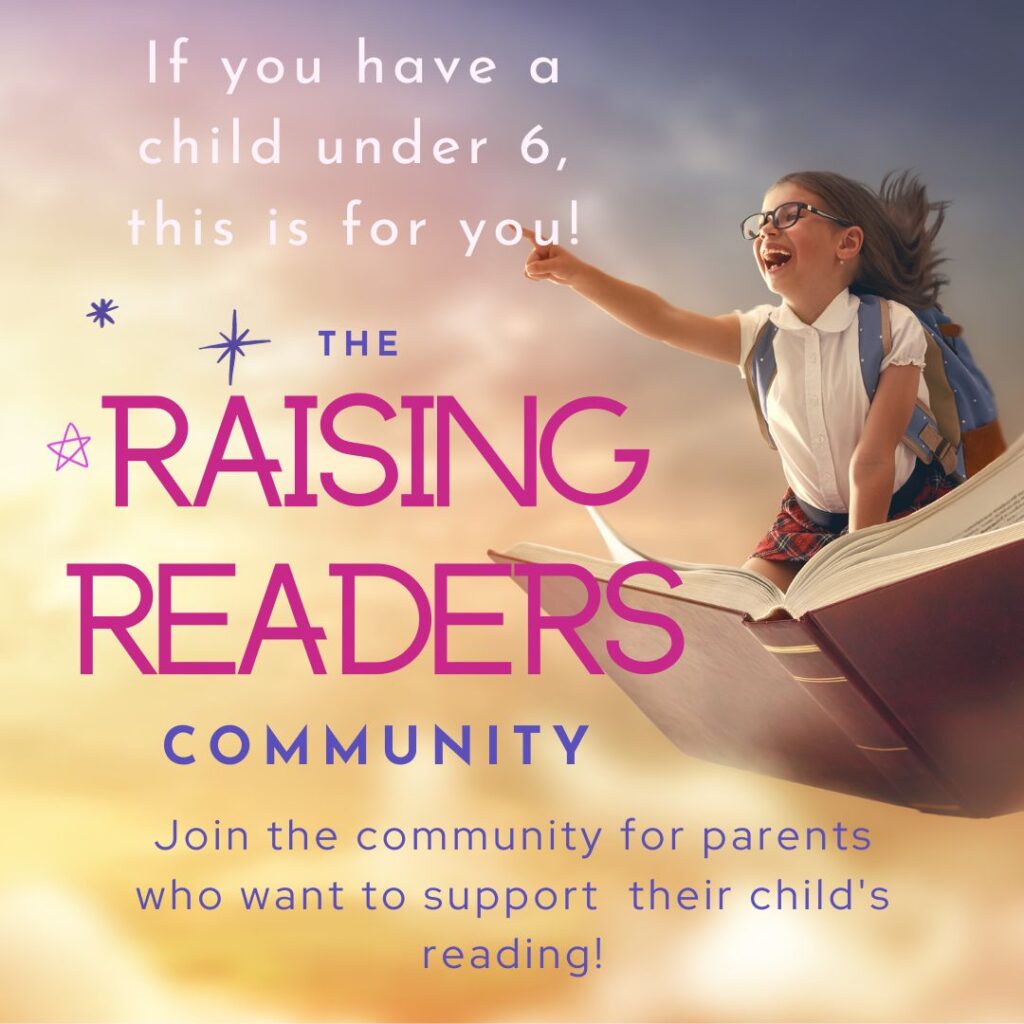
How do Nursery Rhymes help our children learn?
Do nursery rhymes help your child to learn?
I’ll answer this question quickly. Nursery rhymes help our children learn so many things!
Tell the truth, how many times have you sung ‘Incy wincy spider’ in your lifetime? If you’re a parent, it probably feels like the rhyme is permanently playing in the back of your head! There’s bound to be at least one that makes you think ‘If I never hear that one again, it’ll be too soon!’
Firstly, I completely know the feeling (I was leading Nursery when the whole Baby Shark craze happened. Every single child wanted nothing more than to listen to that song on repeat all day long. I honestly think it’s still the sound track to my dreams!).
However, while we may get sick of them sometimes, singing nursery rhymes is one of the best things you can do to help your child develop reading skills.
Did you know that the number of nursery rhymes a child knows has an impact on how well they read when they’re older?
“Experts in literacy and child development have discovered that if children know eight nursery rhymes by heart by the time they’re four years old, they’re usually among the best readers by the time they’re eight.’
Mem Fox – Reading Magic Tweet
Below I’ve broken down how nursery rhymes help into sections and a few ways you can make them more engaging for your child, and less repetitive for you!
How do nursery rhymes help?
When our children are very young, their attention spans are tiny. Sitting and ‘learning’ for prolonged periods of time just isn’t possible for them (even when they reach year 1 their attention spans only stretch to around 15 minutes!). Nursery rhymes offer short, bite-sized bursts of essentially ‘intensive learning’. Repetition of these rhymes also helps children develop their working memory. So those thousand repetitions of Twinkle Twinkle are actually hugely valuable!
They help children develop key skills and can inspire open-ended play where our kids can learn even more, following their own interests!
Language and communication skills
Starting from before birth children start to acquire language by listening to those around them. Nursery rhymes help by:
- engaging their listening skills and helps them focus on the rhythm, helping them develop an understanding of language and speech patterns.
- Saying nursery rhymes help children to develop their mouth and tongue muscles, helping them to say the sounds correctly.
- Increases vocabulary with words our children may not regularly hear (such as spout in incy wincy spider).
- Acting out the nursery rhymes helps children recognise and remember words they haven’t come across before (including things like directional words (up above in Twinkle Twinkle)


Social skills and Understanding the world
Nursery rhymes help to develop social skills, from working in pairs (row your boat), to recognising humour (animal fair), knowing nursery rhymes can help your child interact with others and provide comfort to themselves when they’re in uncomfortable situations.
- Nursery rhymes are a staple, they can be sung anywhere and most people know them.
- The connection between rhythm, the words and actions can make these rhymes a great group activity. Children work as a group and create a sense of belonging.
- Using rhymes can build connections between the person singing and the child, it can be incredibly soothing for your child to listen to you sing (even if you can’t carry a tune in a bucket!)
- It’s a good way to build connections between multiple generations. We’re still singing the same nursery rhymes our Grandparents sang!
Literacy skills
As I said above, nursery rhymes have been linked to reading skills and development, and it’s easy to see why! Nursery rhymes teach children so many skills that have a direct impact on reading.
- They develop listening skills and sound recognition, helping children to hear sounds in words.
- Introduce rhyming words, enabling children to listen to word endings and begin to link words that sound similar.
- Story structure – Beginning, middle and end of stories (like Little Miss Muffet)
- They introduce alliteration, rhyme, onomatopoeia and imagery.
- Recognising the rhythm of the rhymes, which helps children work out words when they start reading.

How can you make nursery rhymes more engaging for your child and less repetitive for you?
- Sing slowly and clearly
- Include actions and expression – this helps your child develop their fine and gross motor skills, making writing easier!
- Involve your child – miss words at the end of lines and see if you child can fill in the blanks. When your child is good at this, you could change the word and see if your child can come up with a fitting rhyming word.
- Encourage your child to find things in the environment to help them
- Get your child to act out the nursery rhymes. This helps children develop their imagination and creativity and link actions to words.
- Sing a broader range of nursery rhymes!
If you’re anything like me, the same few get stuck in your head and you can’t for the life of you think of any others. That’s why I’ve put together a list of nursery rhymes that can be found here – Nursery rhyme master list – that includes audios for you to listen to (great if you particularly hate singing!).
If you want to find out more about how to help your little one develop reading skills before they start school, you can download my free activities here – 10 reading activities before ABC – and sign up to my mailing list to get my weekly newsletter that includes additional tips and tricks to help with reading!
If you want to support your child further and get more individualised support for both you and your child, check out the Raising Readers Community, where you can learn all about teaching the pillars of reading, how to ensure you’re getting the most out of reading with your child, and how to fit learning into your day with no extra preparation needed from you. Even just a 3 minute activity a day makes a huge difference. Check it out!

Comments
3 responses to “Do Nursery Rhymes help our children?”
[…] I’ve written a longer blog on this here – Do nursery rhymes help our children? – but nursery rhymes are incredibly helpful for teaching our children to read. Repetition, […]
[…] Finger games in nursery rhymes – nursery rhymes that include finger movements (like incy wincy spider or Tom Thumb) help with finger isolation, helping your child learn to control each finger. This helps with pencil grip and control. If you’d like to find out what else your child can learn from nursery rhymes, check out this blog – Do Nursery Rhymes help our children? […]
[…] Nursery rhymes are also a great way to discuss emotions of characters. You can find out more here – Do Nursery Rhymes help our Children? […]